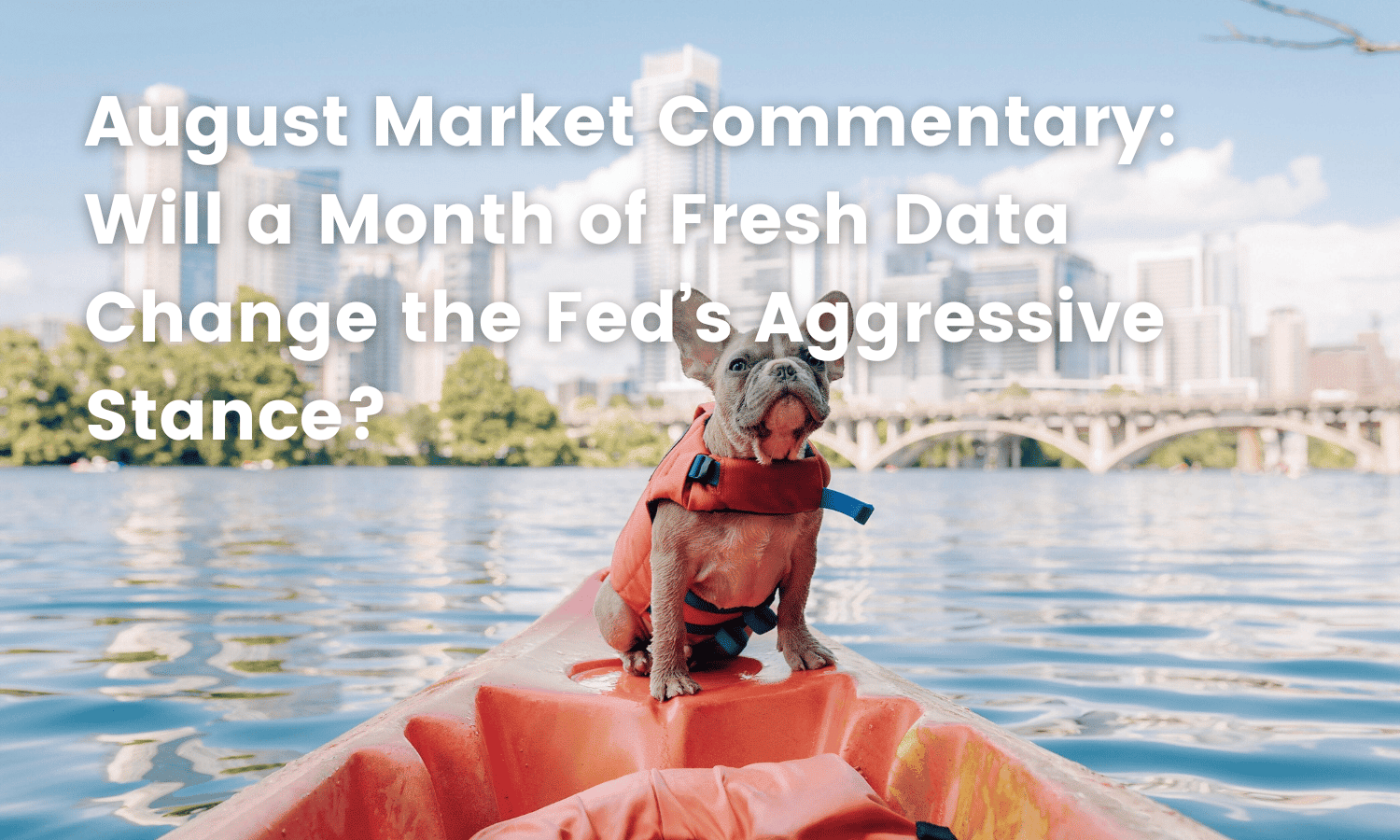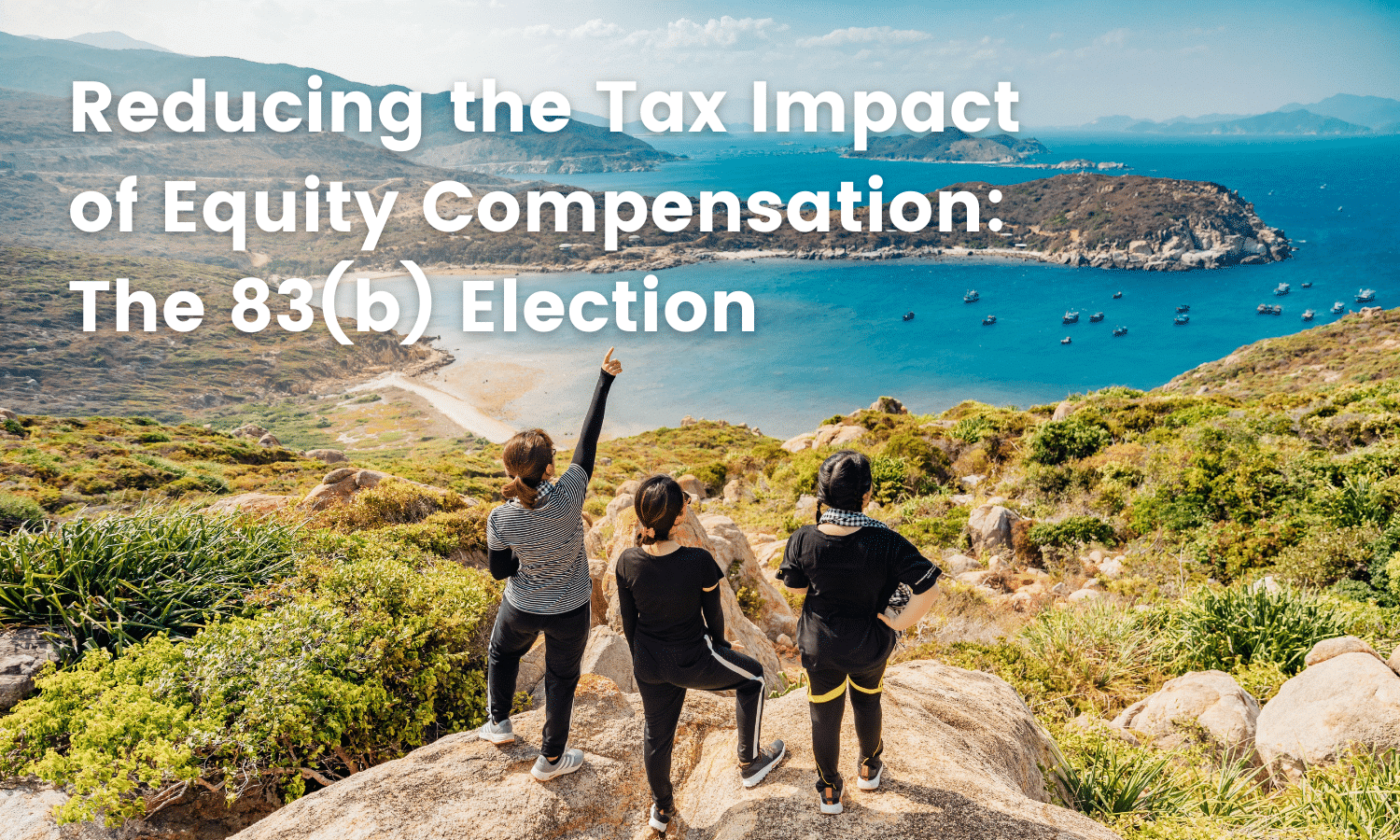Trade Notice: BlackRock ESG Model 3/17/2023
Seek to enhance the overall quality and resilience of the portfolio, cutting net exposure to stocks and credit amidst unusually elevated uncertainty
Continuing to rotate out of names with the most embedded active risk, and selling out of US small caps
Maintaining an overweight to duration, consolidating the fixed income sleeve to align exposures closer to the benchmark
Trade Rationale:
- The collapse of two sizable US regional banks – and the decisive and unprecedented response by the FDIC and Treasury – showcase the real-world practical consequences of rapid financial tightening. This may, and should, in our view, persuade the Fed to soften the tone (and implied actions) of its recently trumpeted hawkish messaging.
- According to Haver Analytics, BlackRock, and Federal Reserve Board as of 2/28/2023, regional banks are responsible for nearly half of American business and consumer lending and now face the likelihood of heightened cost of capital, further deposit leakage and increased need to overcollateralize. Such cracks across the sector may instigate brake-taps in lending, and less lending could represent real financial tightening. This arguably has greater potential to adversely impact the economy than the slow(er) drip of ongoing Fed target rate increases.
- We believe, elevated banking sector risks and tighter loan availability puts the prospect of additional Fed rate hikes in a new, less favorable light. The volatility already seen in rates between February and March could signal rising economic risk. From our portfolio centric perspective, regardless of whether a formal recession materializes, these banking-related developments along with recent earnings and economic data combine to suggest potential downside risks for stocks have become more pronounced.
- In our view, the market still does not properly reflect the risks associated with contracting bank lending conditions and their ramifications for the broader economy. Therefore, we are repositioning portfolios to be more outright defensive with fewer stock bets, less sensitivity to volatility, and maintaining our long duration bias as a source of potential outperformance during peak moments of market stress.























